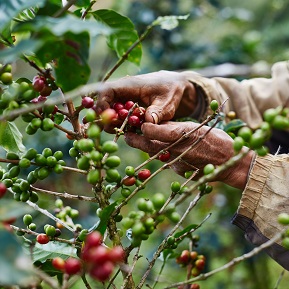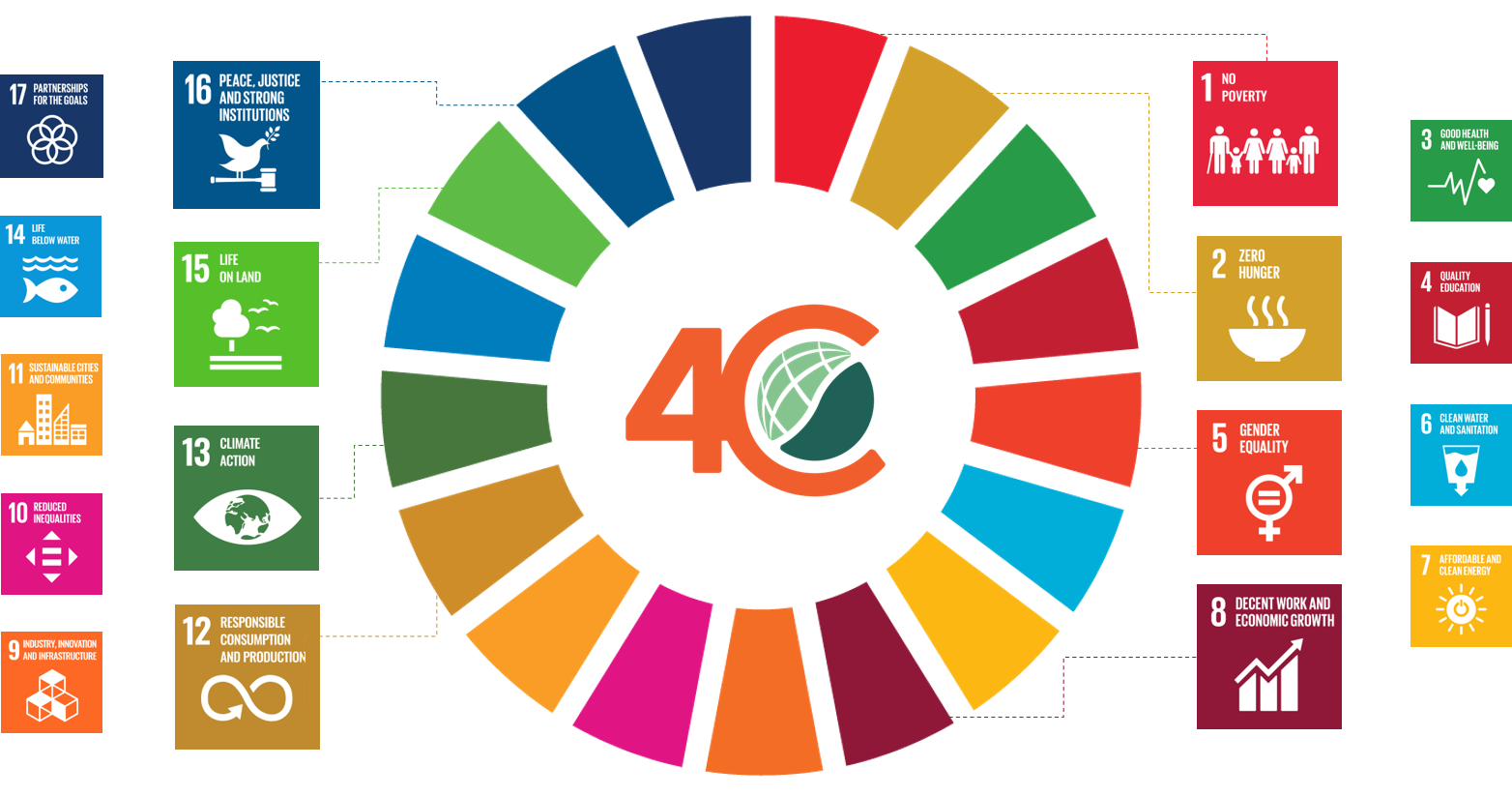The 4C Certification System
4C (The Common Code for the Coffee Community) is an independent, stakeholder-driven, internationally recognized sustainability standard for the entire coffee sector, aiming at anchoring sustainability in coffee supply chains. Independent third-party audits ensure compliance with sustainability criteria for coffee production and processing from the economic, social, and environmental dimensions to establish credible and traceable sustainable coffee supply chains.
4C’s sustainability principles and criteria are set out in the 4C Code of Conduct, which was developed in a comprehensive and transparent multi-stakeholder process. The focus of the 4C Code of Conduct is sustainable production of coffee green bean and its post-harvest activities.
The 4C certification aims to gradually raise the social, economic, and environmental conditions of coffee production and processing worldwide. In order to achieve this, the 4C Code of Conduct comprises:
- 12 principles across economic, social and environmental dimensions based on good agricultural and management practices as well as international conventions and recognized guidelines accepted in the coffee sector
- 45 criteria, entailing specific check-points to be controlled during the audit in order to verify compliance with the respective criteria
- 3 compliance levels, allowing for a smooth entry into certification and ensuring the continuous improvement of the certified producers.
The dimensions of sustainability
The principles of the 4C Code of Conduct promote three recognized pillars of sustainability – economic, social and environmental:

Economic Sustainability
- Principle 1.1 – Business Management – 5 criteria
- Principle 1.2 – Capacity and Skill Development – 1 criterion
- Principle 1.3 – Access to Services and Market Information – 2 criteria
- Principle 1.4 – Traceability – 1 criterion

Social Sustainability
- Principle 2.1 – Human and Labour Rights – 14 criteria
- Principle 2.2 – Working Conditions – 7 criteria

Environmental Sustainability
- Principle 3.1 – Protection of Biodiversity and High Carbon Stock Areas – 4 criteria
- Principle 3.2 – Use of Pesticides and Other Hazardous Chemicals – 3 criteria
- Principle 3.3 – Soil Conservation and Fertility – 2 criteria
- Principle 3.4 – Water Conservation – 4 criteria
- Principle 3.5 – Waste Management – 1 criterion
- Principle 3.6 – Energy Consumption -1 criterion
4C supports the UN Sustainable Development Goals
As an independent, stakeholder-driven, internationally recognized sustainability standard for the entire coffee sector, 4C aims at anchoring sustainability in the coffee supply chains across environmental, social, and economic dimensions. 4C is a credible and robust system, applying innovative audit risk assessment procedures, and is strengthened by a comprehensive integrity program. 4C brings real impact on the ground, enabling continuous improvement and enhancing smallholder livelihoods, and supports companies in achieving and keeping their sustainability commitments.
This vision is aligned with the 17 Sustainable Development Goals of the United Nations (SDGs). Through various channels, 4C contributes to all SDGs, whereas some linkages are stronger than the other as depicted below. These contribution channels include ensuring implementation of sustainability requirements of the 4C Code of Conduct, developing and conducting versatile sustainability projects, and supporting sustainability dialogue in the coffee sector. Read more in the 4C Position Paper here.
Note: The results of the internal analysis are reinforced by the conclusions of the independent ITC benchmarking between voluntary sustainability standards and SDGs. More information here.

4C Services GmbH
4C Services is a global assurance service provider delivering high quality, innovative and credible solutions to the coffee sector.
Our vision and mission:
As an independent, stakeholder-driven, internationally recognized sustainability standard for the entire coffee sector, 4C aims at anchoring sustainability in coffee supply chains across environmental, social and economic dimensions. 4C is a credible and robust system, applying innovative audit and risk assessment procedures, and is strengthened by a comprehensive integrity program. 4C brings real impact on the ground, enabling continuous improvement and enhancing smallholder livelihoods, and supports companies in achieving and keeping their sustainability commitments.